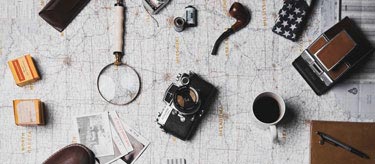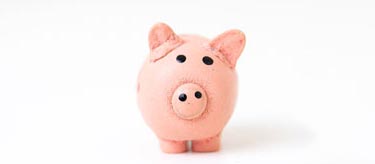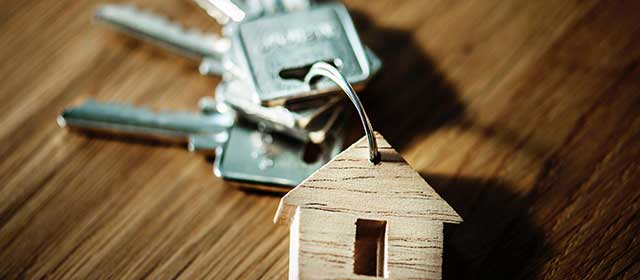Why a personal budget doesn't have to be a drag
If you don't maintain a personal budget, you may assume it means kissing nights out and fun purchases goodbye. Here's why you couldn't be more wrong.
Budgeting gets a bad rap. All that hard work ... just to put a damper on your fun?
But those who use a personal budget know that it actually does the exact opposite. Instead of restricting your spending, budgeting gives you the freedom to spend when you need to without worrying about where you'll find the money later. Seasoned budgeters also know that budgeting eliminates financial stress and lets you plan for your future.
So, why is budgeting important? Simply put, it lets you enjoy life more, not less. Here's how.
3 ways a personal budget allows you to enjoy life
Whether we're talking about in-the-moment splurges, unfortunate emergencies, or long-term goals, budgeting gives you the freedom to spend your money on the things that are important to you.
Savings to back up your spending
If you aren't living on a budget, there's no way to know from a glance at your chequing account if you can afford that dinner out with friends or whether that trip to Mexico over the holidays next year is a realistic possibility. Living your life by a budget, however, guarantees you'll have the money to back up your spending, both when a sudden opportunity comes up and over the long term.
When it comes to last-minute or unplanned buys, budgeting a certain amount of cash per paycheque for entertainment tells you whether you should take those concert tickets off your busy colleague's hands or have the quiet night at home you'd planned. For longer-term purchases, living on a budget gives you the wiggle room to save ahead for what you want, putting that expensive vacation or new laptop within your reach.
Freedom from financial uncertainty and stress
What would you do if your car needed major repairs tomorrow? Or if a relative fell ill and you needed to book an emergency flight home to visit them?
Without a budget, those unexpected expenses might end up on a credit card, where they'll accrue interest. Having that kind of financial pressure on your mind when you're already dealing with an emergency only adds to your stress. Fortunately, it's easy to use your budget to give you a helpful financial buffer in the form of an emergency fund.
You can build up an emergency fund relatively quickly with a budget by allocating several hundred dollars per month toward this goal. Every time you get paid, transfer that money into a savings account. Before you know it, you'll have a financial cushion equal to between three and six months of living expenses. Budgeting for an emergency fund gives you enough money to ease the stress that comes with large unexpected expenses. After all, the last thing you should be thinking about during an emergency is how you're going to pay for it.
A sharper focus on the big picture
Budgeting allows you to focus on what's important in your life. Maybe you're trying to become a homeowner. A budget can outline a plan for reaching a healthy down payment in a reasonable amount of time by prompting you to save a little bit every month. Or think even bigger than that — your retirement. Budgeting for long-term goals enables you to prioritize your future and then "set it and forget it" by making a budgeted monthly contribution to your retirement fund.
So, never mind the negative things you've heard about budgeting. Keeping up a personal budget means your future is planned for and you're prepared for any emergency, so you can spend your money guilt free. If your budget is severely cramping your style, you're doing something wrong. Figure it out and fix it, because you deserve to banish buyer's remorse for good.


